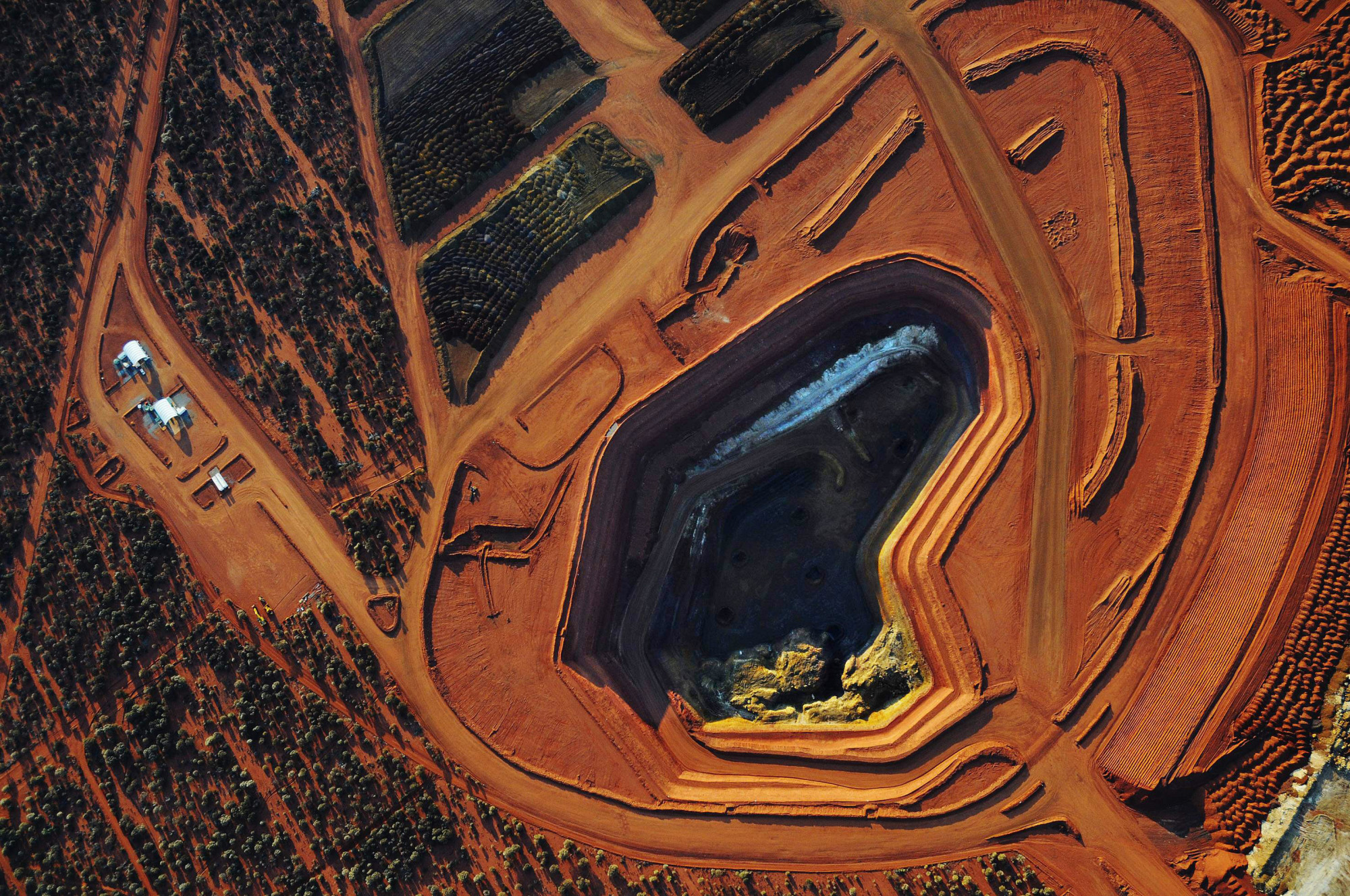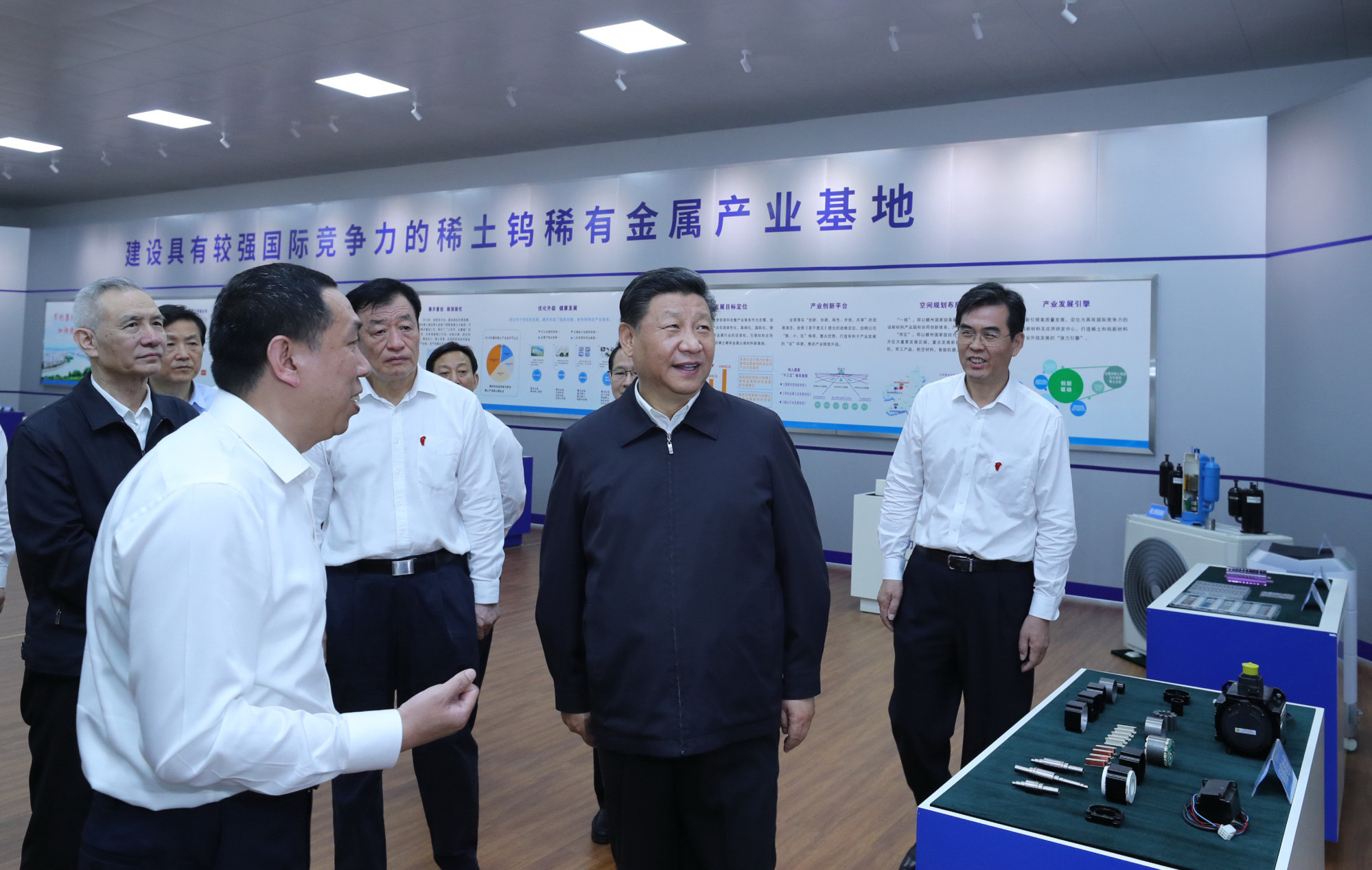
Australia longs for ‘pipe dream’ of breaking China’s grip on rare earths market: ‘the world will transform’
- Australia and the US are working together in an attempt to break China’s monopoly on international supply chains for critical minerals and rare earths
- But ending their reliance on China won’t be easy, Australia’s resources minister said, because Beijing saw ‘this need coming and made the most of it’
“That’s a country that has seen this need coming and made the most of it,” Resources Minister Madeleine King said in an interview.

Much of the country’s production capacity for lithium and rare earths is in Western Australia. Siriana Nair, the US consul general in the state capital Perth, said Australia and the US shared a “strong strategic interest” in securing critical mineral supply chains.
While Nair wouldn’t specify China as the target of growing cooperation between the US and Australia, the US diplomat said having a single source of any critical resource was a “big drawback and a huge flaw”.
“I don’t think anybody in any country wants to have global supply chains dependent on kind of a single point of failure,” she said in a separate interview. “It’s just smart policy.”
Australia’s King said some exploration was still under way for additional deposits and the peak could still be five or 10 years away. “This is going to be an ongoing demand for a long time. So we need to get there and keep pumping it out,” she said.
King said other recent developments had “focused the mind” on Australia’s critical minerals development, including the introduction of the Inflation Reduction Act in the US. Under the law, passed in August, the Biden administration will invest billions of dollars to boost critical mineral supply chains for the US and its allies.
In June, Australian company Lynas Rare Earths Ltd. was awarded a US$120 million contract by the US Defence Department to build a processing facility in America. Lynas is the only major company outside China which produces and refines rare earths.

Australia’s centre-left Labor government isn’t just keen to mine the minerals but wants to invest in domestic processing, with the eventual aim of potentially boosting green manufacturing domestically.
King said Australia’s lithium processing capabilities were only just starting to reach their full production potential. “Before that we were exporting like everyone else did that had this stuff direct into China,” she said. “So now we know we need to produce more of that here to secure supply chains for us and our partners.”
However, unlike the US, King said Australia was not considering any direct investment in critical mineral supply chains, instead preferring to provide loans to help build the country’s capability. The minister said the Australian government was also looking to “facilitate international investment” into critical minerals supply chains.
Asked whether Australia’s export of lithium and other green minerals could ever replace the lucrative commodity windfalls from iron ore and fossil fuels such as coal and gas, King said that was a “long way off”. For the 2022 financial year, Australia’s lithium exports are expected to be worth A$14 billion (US$9 billion), compared to more than A$300 billion for coal, gas and iron ore.
“Those commodities will form the backbone of this economy in Australia for some time,” King said. “But the world will transform.”

